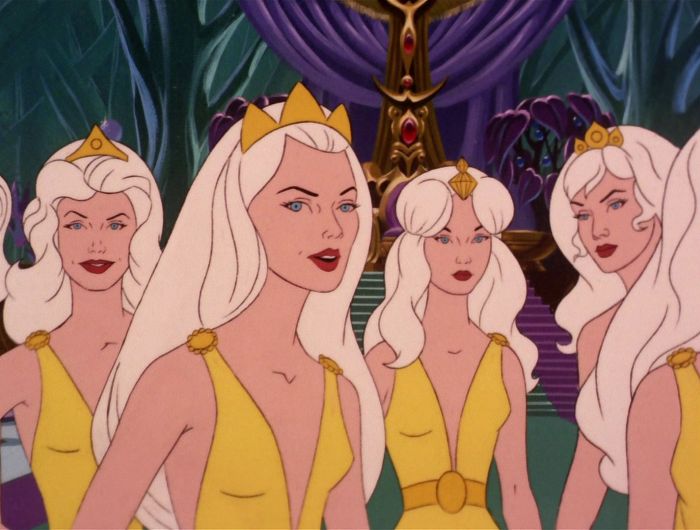
When I was analyzing episodes for the Mission Log podcast, I wasn’t eager to watch the animated series. The animation and music are dreadful and hard to endure. Many of the stories are quite good, but at first glance, The Lorelei Signal was nothing special. It’s a story about a group of sirens, like in ancient mythology, luring men to their deaths. But then I found the poem Siren Song by Margaret Atwood and an analysis of it that changed my whole viewpoint. It was a poem about sirens (the Loreley in German) who lure men to them so that they can be nourished by their energy. They depend on them. The Lorelei Signal story uses this same idea. Atwood’s poem addresses the similarity between the myth and how women can be made to feel that they are nothing without men. This episode shows that the women of the Enterprise can quite capably be in charge, and they show the aliens on this planet that they can find a place to live where they don’t need to kidnap men to survive either. Awesome feminist message! That’s why this is the only animated episode on the list.
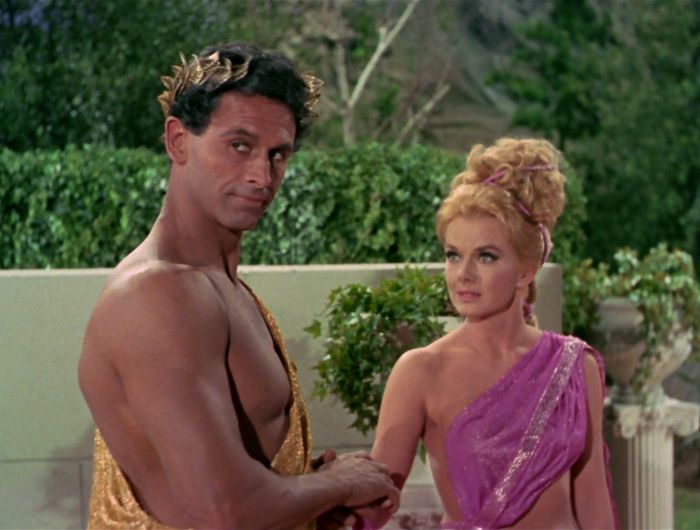
I read many books about Greek and Roman myths when I was young, and this episode brought back good memories of those stories. It’s a charming idea—our myths were based on aliens. I like the actor portraying Apollo, Michael Forrest—I feel such sympathy for him, even though he is a brute and assaults Lt. Palamas. And I like Lt. Palamas, played by Leslie Parrish, too—I have lots of sympathy for her. The sexist stuff is a drag, but that’s true throughout the original series. Apollo’s final goodbye really touches me. By the way, the name in the title is pronounced “A-duh-nay-is” (according to D. C. Fontana). It’s from a poem by Percy Bysshe Shelley.
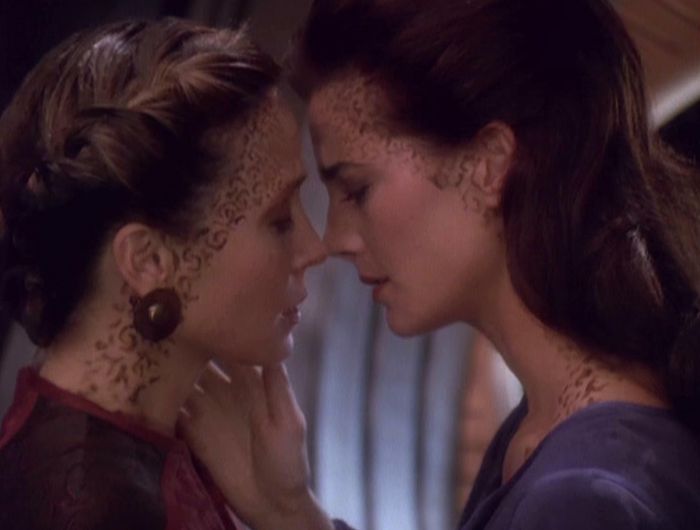
I really like the actress who plays Dax, Terry Farrell, and this is one of her chances to shine. Susannah Thompson is excellent as her ex-spouse in a previous life. DS9 did a great job exploring the culture and world of the Trill and their symbionts. In this episode, we learn of the taboo against having relationships with former spouses, which complicates this reunion. This reunion is further complicated by the abrupt parting they had. The Dax symbiont has always been a bit of a risk-taker, and one of the previous hosts died in an accident. Neither Dax nor the Kahn symbiont had properly mourned the loss of their relationship. Their scenes of rediscovering their love, wanting to be together again, and the final goodbye really get to me.
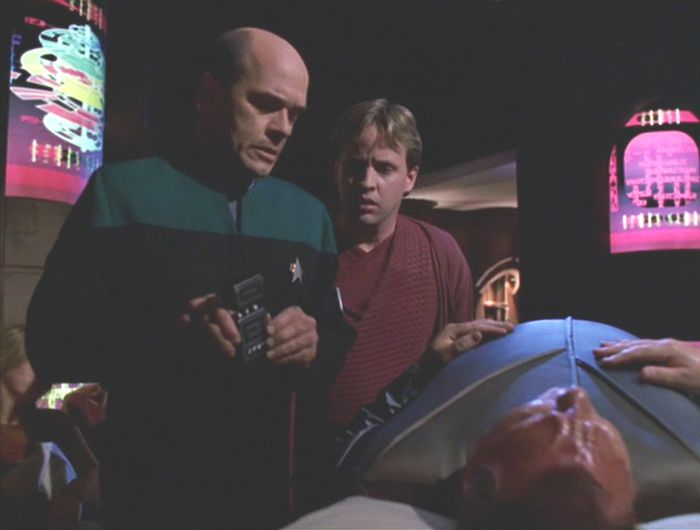
The holographic doctor is kidnapped and forced to provide health care in an extremely socially divided society. The more useful people receive top-notch health care, and those deemed not useful receive minimal healthcare. The Doctor recognizes the potential in a patient named Tebbis, who has been deemed of little value to society, and tries to cure him and encourage him in his ambitions. The Doctor also tries to inspire the young Dr. Voje to fight for his patients on Red Level. Those relationships and the Doctor’s insistence on helping all the patients are really touching. This is another episode that is poignant and thought-provoking. It is ironic how much more compassion the holographic Doctor shows compared to the flesh-and-blood people in charge.

I really love tough Harry Kim in this alternative timeline story. He’s obviously punishing himself for his mistake and will do anything to make things right, even if it means breaking all the rules that were so dear to him before. He just wants to send a message to himself in the past to fix his mistake, but it’s not that easy. Chakotay is such a loyal friend to Harry. Even though Chakotay has a girlfriend and has obviously made a life for himself, he’s willing to help Harry get their friends back. I feel for both of them. It’s a very strong episode for Harry.
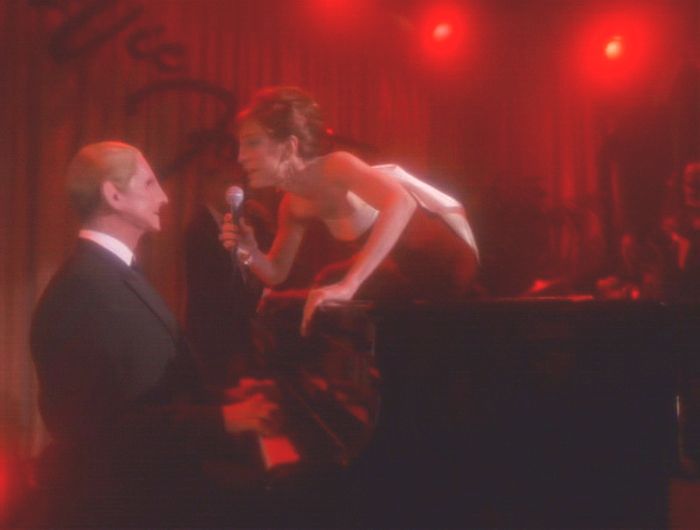
You will see that I am fond of romantic stories, and this one is no exception. I get to see Vic, played by James Darren (a childhood heartthrob), acting as matchmaker for Odo and Kira. I’m a big fan of the movie The Fabulous Baker Boys, so the scene where Kira sings on the piano was a delightful tribute to that movie. This episode gave me more development of Odo’s character and the relationship between him and Kira. And I got to see and hear the wonderful James Darren. What’s not to like?
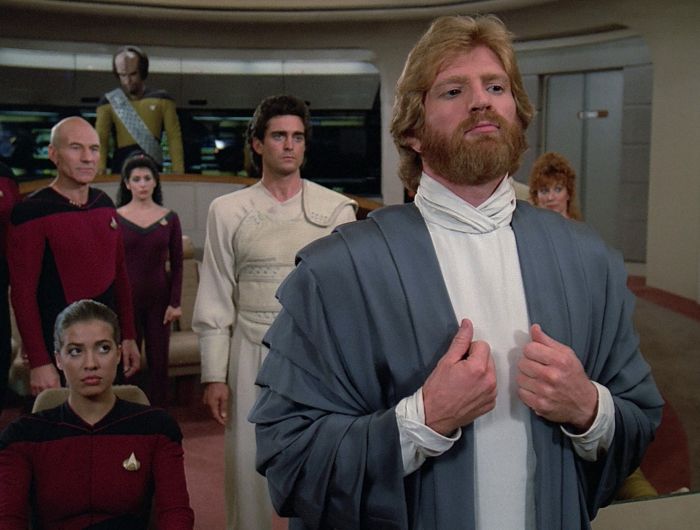
There was a time in my life when I was regularly interacting with people in the deaf community, and this episode came out at that time. Thus, I was familiar with Howie Seago as an actor, and it was thrilling to see him get a chance to play a big role on TV. This episode is sensitive and true to the deaf experience as I understand it (Data’s poor signing notwithstanding). And I also appreciated its thoughtful message about how hard it is to stop the fighting long enough to negotiate peace.
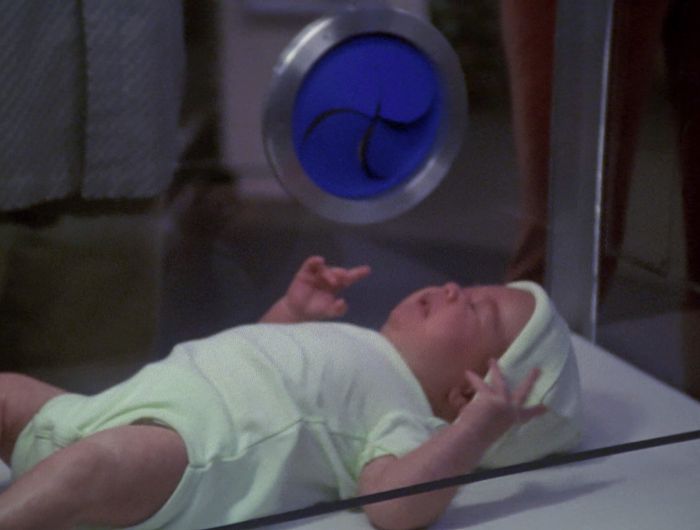
In this episode, Trip is severely injured, and the only way to save his life is to clone him using an alien type of plant. The clone starts as a baby, but they need it to grow into an adult before they can retrieve the necessary organ. It will only live 15 days, but during the time the clone, Sim, is growing, everyone comes to like him. Of course, this presents an ethical conundrum because the clone is a human being who wants to live. The clone ultimately decides to sacrifice himself because it’s important to the mission to defeat the Xindi. It’s a story about one of my favorite characters, his relationship with each person in the crew, and about self-sacrifice.
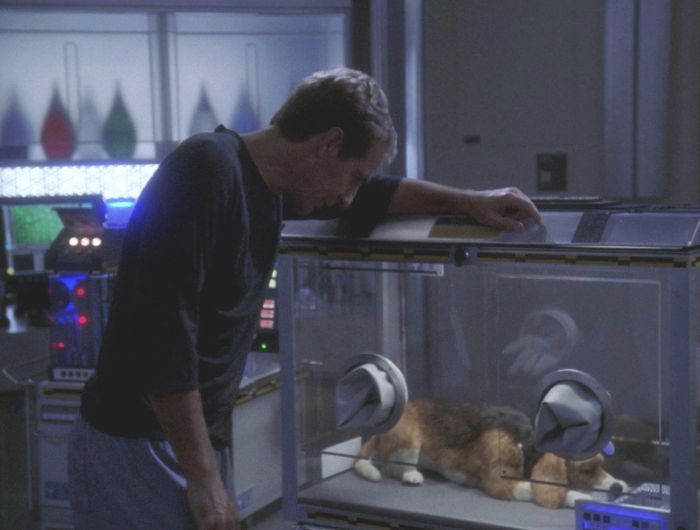
I love Archer’s dog, Porthos—I am very fond of beagles. This episode about Porthos being sick reminds me of a night long ago that I spent with my sick dog, Bessie (a beagle mix). Dr. Phlox is another favorite character, so a story about him, a sick Porthos, and a worried Captain Archer tugs at my heartstrings.
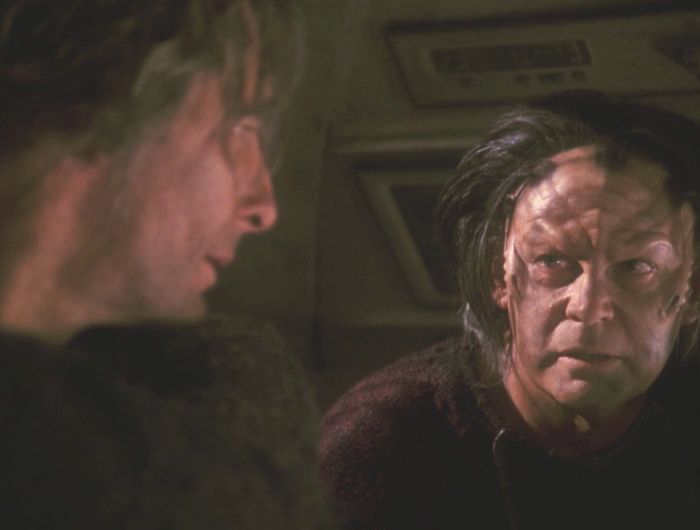
I am not a fan of the Xindi season—I’m not a fan of season arcs in general. And I don’t like stories that call for my heroes to compromise their principles, which happens a lot during that season. But it’s surprising how many episodes from that season are on my list. In this episode, where they try to trick Degra into revealing information about the Xindi weapon, we start to see the Xindi as sentient beings and not just as the enemy. I really like the actor playing Degra, Randy Olgesby, and I like the way he and Archer get to know each other, even if it’s under subterfuge. It makes me hope that if they get to know each other, it will be more difficult to hurt each other.
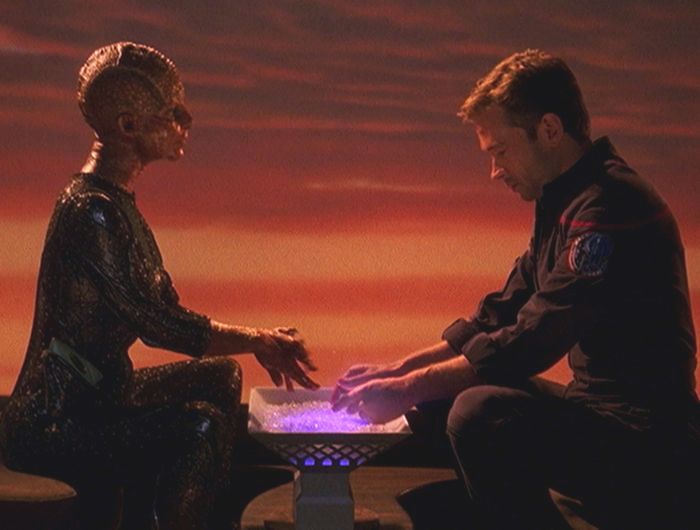
I like Connor Trinneer, the actor who plays Trip, and this story was particularly charming because he’s such a Southern gentleman and yet he ends up (spoiler alert) pregnant! I like the idea of having a man consider the implications of pregnancy from another perspective. Then there’s the bonus line from one of the Klingons when on an alien holodeck: “I can see my house from here!”
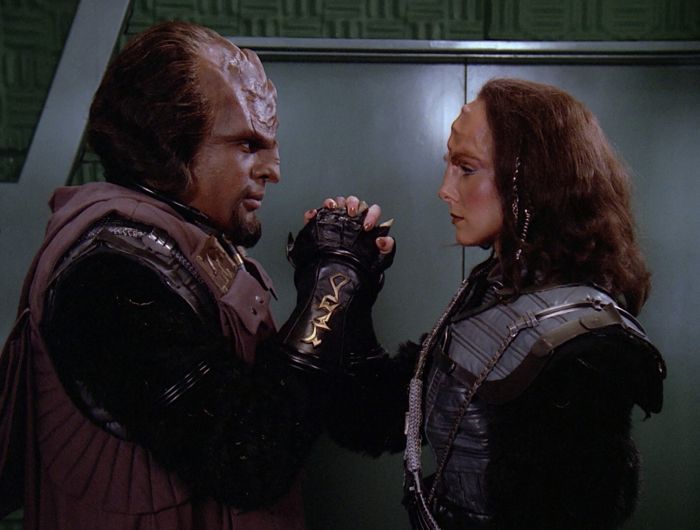
I didn’t expect to like Klingon romance, but this is a good start for having such a thing in the Star Trek universe. The actress playing K’Ehleyr, Suzie Plaxson, is excellent and plays a tough Klingon female, which sets the standard from then on. The relationship between her and Worf is the draw for me in this episode. I also enjoy the way they dress up as being in command of the Enterprise to keep the long-lost Klingon ship from getting into trouble before they can tell them the Federation-Klingon War is over.